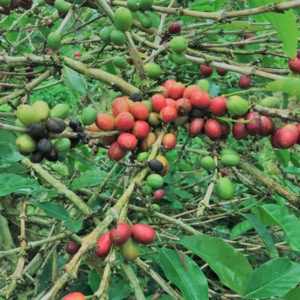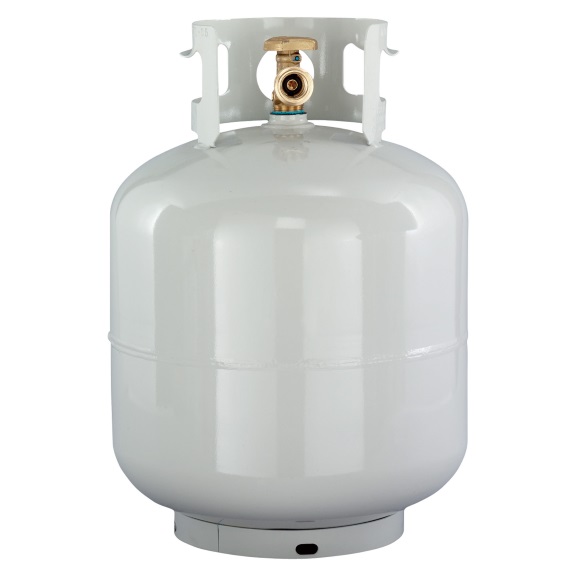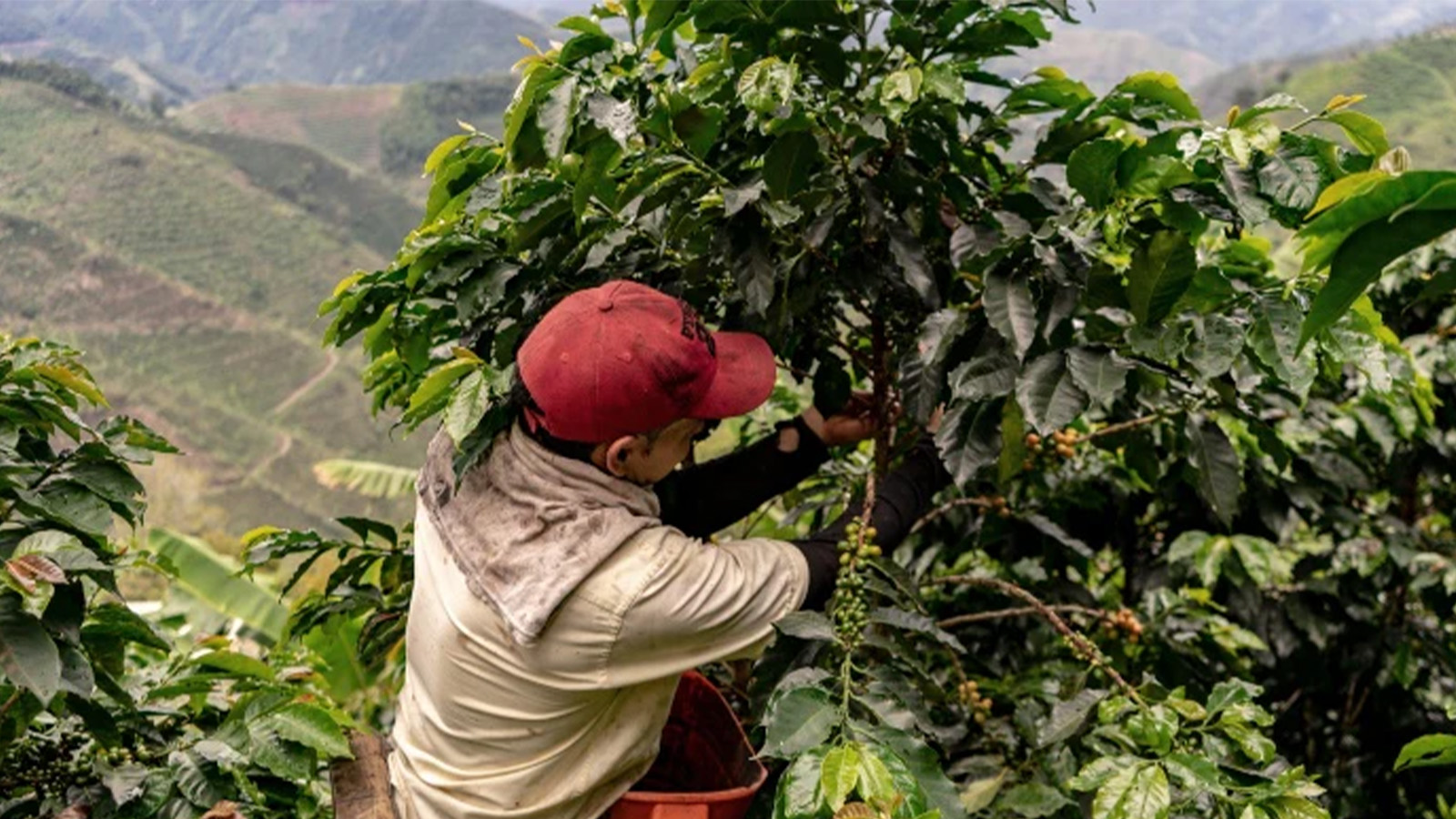Reasons Behind the 2018 Coffee Crop Failure in Sumatra

2018 Sumatran Coffee Report
From 2016 onwards, farmers in Sumatra, the large coffee producing land in Indonesia, are faced with a crisis of crop failure by 40% due to abrupt changes in climate and erratic weather conditions playing havoc on the coffee crops. The crop researchers, however, predicted a crop revival in the 2017 summer months while the green cherries were about to be ripened, but to their dismay, abrupt rainfall and a parched weather marred the production by more than 50%. The coffee markets were unprepared to absorb the crisis and the blow that the 2017-18 crop failure had on the farmers and the exporters alike. Sumatra’s coffee production was in for a bitter surprise!
The usual harvest period of the coffee beans in Sumatra is during the months of October through to January, which, in recent times is impacted by unprecedentedly bad and unpredictable weather. InterContinental Coffee organized a survey in the Northern provinces of Sumatra to investigate the reasons behind the crop failure. They surveyed the collectors, farmers-harvesters and exporters of the coffee beans to get a clearer perspective. There are several factors affecting the crops, mostly, the weather that has been crucial to the crops. A stir in the outputs has made the internal, local markets of Sumatra wary of the contingencies relating to production. The price of the Asalan (the name for the Indonesian green coffee, pulped, dried and stored for exports) is surging each day, being exorbitantly high for the exporters to handle. As per the last reports, the Asalan was priced at a high of 38,500 Indonesian rupiah excluding the export prices. That means a trade value higher than 3.00 cts/lb free on board shipment for a usual Sumantra variety of Mandheling coffee, excluding the import costs.
The team also surveyed around the Lake Toba to notice unusual changes in the colour of the coffee cherries, turning black from green, which were intended to turn red from the greener shades. There were striking and alarming sites of the tree branches dead at the edges and the fruits going rotten and moldy, but, surprising enough, nothing could be made out as to the cause of all these mishaps – if it’s a rainfall disaster, fungal infection or the volcanic ashes from the Sinabung creating this havoc. There were cases of leaf rust, too, the reasons quite vague to the farmers and crop exporters. Once more, there was an expected rise in the crop production in the Spring by 80% but that too encountered a dip of 30% below expectations and it’s anticipated to run out in ten days time. Even, the Spring crops of Northern Sumatra surrounding the Lake Toba region will cease from April, well before July. The team couldn’t visit the Northern most corners of Aceh, but there too, the expectations of better crops were marred by the early cessation as the volumes produced were lower than expected.
While talking to the collectors of the beans, the team got a picture gloomier in terms of parchment delivery. They almost found the warehouses in emptied condition, otherwise full of parchment bags ready to be loaded, before. The staggering statistics of 3mt per two days of supply from the collecting stations compared to the prior 10mt daily supplies vouch for the same. Exporters are going through a harrowing time handling the delayed orders, as, these days, they can only commit upto 1-2 parchment filled truckloads as compared to 4-6 truckloads, previously. They get busy salvaging as much coffee as they can to handle the impediment. There are major revenue losses as the number of deferred shipments amount to 50 days shooting up from an average of 45 days. The internal costs touching a towering 50% make it difficult for the exporters to earn good revenue. Some exporters are forced to shut down businesses while others going as defaulters. Those who are optimistic and would not let the downfall take its toll on their trade, are shipping at lower volumes, trying to push forth the contracts till the next year, to make for their losses.
Given the gloomy production and export scenario due to the failure of the Spring crops, it can be well predicted that the prices will continue to hike, the shipments are to be delayed and there is no clear picture whatsoever of the future forecast. The InterContinental Coffee survey team will make it to the other unexplored regional provinces of Sumatra, to ascertain the fluctuating trend of yield crops as per shipments, and the progress of the winter-crops due in the month of October.
Thanks to InterContinental Coffee for the photo and this report.












